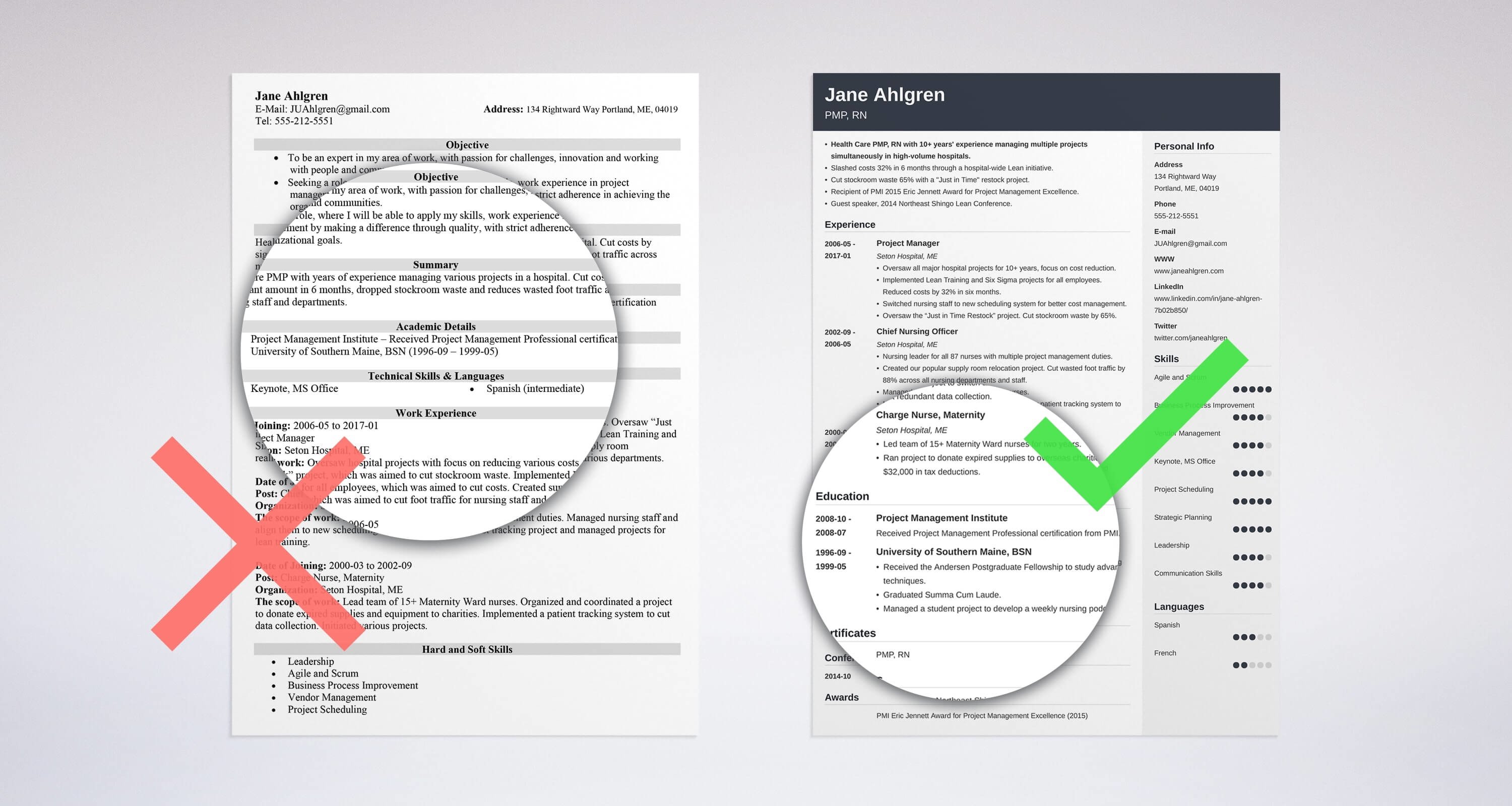When writing your resume, there are several ways to include your education. First, you should include any education-related projects or clubs you have participated in. Second, make sure you include any honors or awards you have received. Third, make sure that your education is relevant to the job you’re applying for. Employers often require candidates to complete a degree before they can apply for certain positions. Last, don’t forget to include the relevant dates when you graduated.
Creating sub-sections in education section
Creating sub-sections in the education section of your resume if still in college can help your application stand out from the rest. For example, you could list your academic awards and recognition, school organizations, and volunteer work. This information can make a strong impression on the hiring manager. However, the most effective way to make the section more readable is to divide it into separate subsections.
When writing the education section of your resume, you should keep in mind that you do not have much work experience yet. However, you do have a degree, and you’ve probably learned more in college than you think you’ll ever learn in a job. Make sure you highlight your most significant academic accomplishments in this section. Make sure to include relevant awards and certifications, and keep your educational experience in order.
Creating a strategic education section
When creating a resume, be sure to put emphasis on your educational background. A strategic education section can go a long way in attracting a potential employer’s attention. Adding your education to your resume is an excellent way to emphasize your strengths and highlight your most recent achievements. However, there are many ways to style the education section. In the following paragraphs, I’ll show you how to style it for maximum impact.
Adding your educational background to your resume is a great way to establish your commitment to the position. Your education may show that you have the requisite knowledge and background for the position. It can also act as a point of connection. If you work with people who have a similar background, you can engage in friendly trash talk about their education. And as long as you’ve gained relevant education, you’re ready for your new position.
Making it relevant to job you are seeking
Make education on resume relevant to job you are seeking by listing all relevant courses. If you have not graduated from college yet, list relevant courses. These can demonstrate the skills and disciplines that you acquired during your coursework. It is important to note that you may have additional certifications that relate to the field you are applying for. If you are not yet out of school, leave high school details off your resume. Adding higher-level courses and extracurriculars is an excellent way to highlight your relevant skills.
You can make your education section in any format you like. If you’re a recent graduate, you should make this section prominent, placing it before your work experience. However, if you have solid work experience, you may wish to place the education section after your work experience. To make this section look impressive, follow the resume design rule of placing your most recent qualifications first. You should also list any volunteer work or extracurriculars you have done that are related to the job you are seeking.
Creating a cover letter
If you’re still in school, you’re likely wondering how to list your education on your resume. Employers expect to see information about undergraduate and graduate degrees, as well as advanced training and certifications. However, there are many ways to ensure your education section is as professional as possible. The following are some tips to ensure your education section reads well:
o Mention academic accomplishments and leadership roles. Employers always look for evidence of your achievements. While your education may not be extensive, it can be a strong asset. Remember to list academic honors, scholarships, honor societies, and other important activities that may be relevant to the position. If you’re a student, try to list these details as early as possible. This way, you’ll reduce the chance of forgetting anything that you may need to mention.

